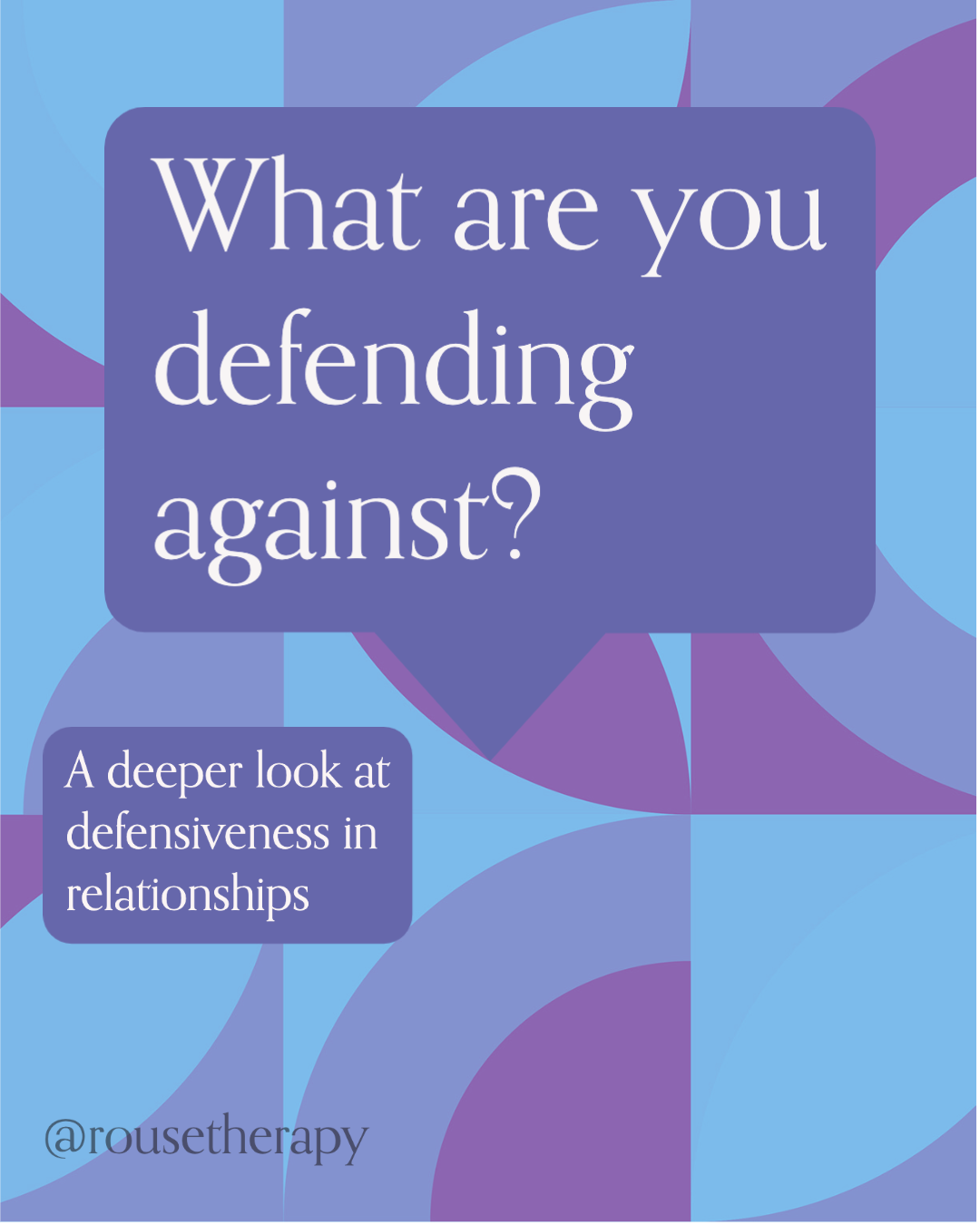
What are you defending against?
We’ve all been there. You’re in a relationship, and something your partner does or says makes you feel defensive. Maybe they criticize your work or say something that hurts your feelings. It can be tough not to react defensively in those moments. But trust us, learning how to stop being defensive is worth it. We covered The Four Horsemen and longer articles on parts of the horsemen like Stonewalling in previous posts. In this post, we’ll look at defensiveness, how it shows up, what you can do to start working against it, and most importantly, how to better understand your defenses to heal your inner wounds.
What does defensiveness look like?
Unintended Defensiveness: This style of defensiveness is reactive, meaning that it’s an unconscious habit. An example of Unintended Defensiveness can be when a partner makes a mistake, causes harm, but won’t take responsibility because they “didn’t mean to.” This reaction can be connected to feelings of insecurity or related to trauma, i.e., humiliation or criticism by a caregiver or former partner. Defensiveness can also be connected to an inability to be compassionate to yourself while also taking responsibility for your mistakes.